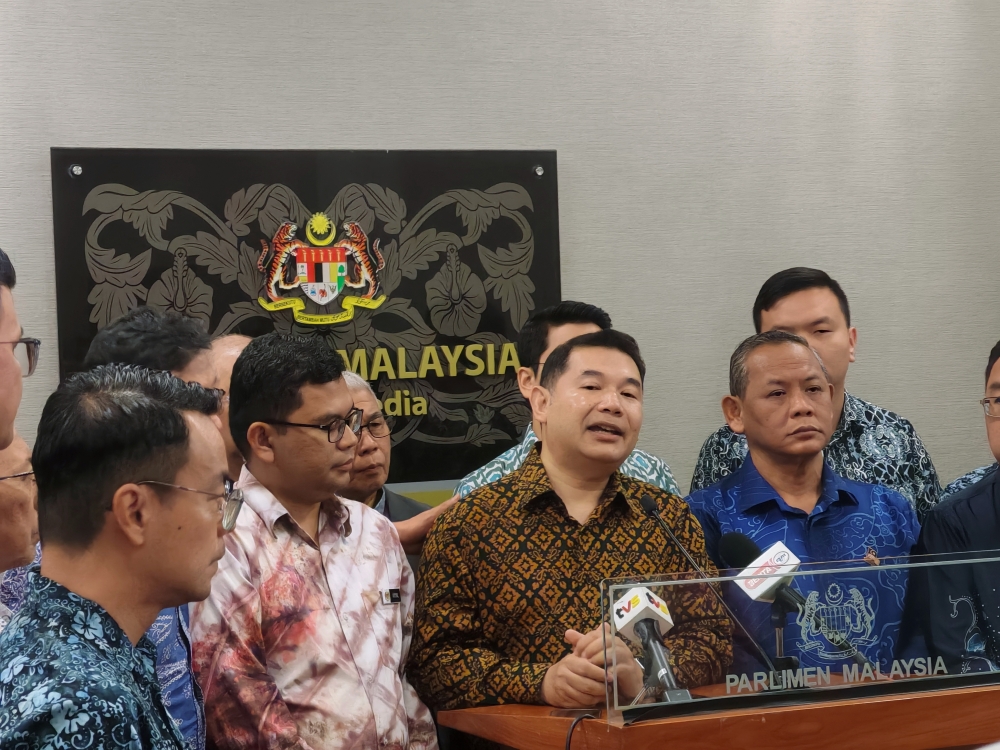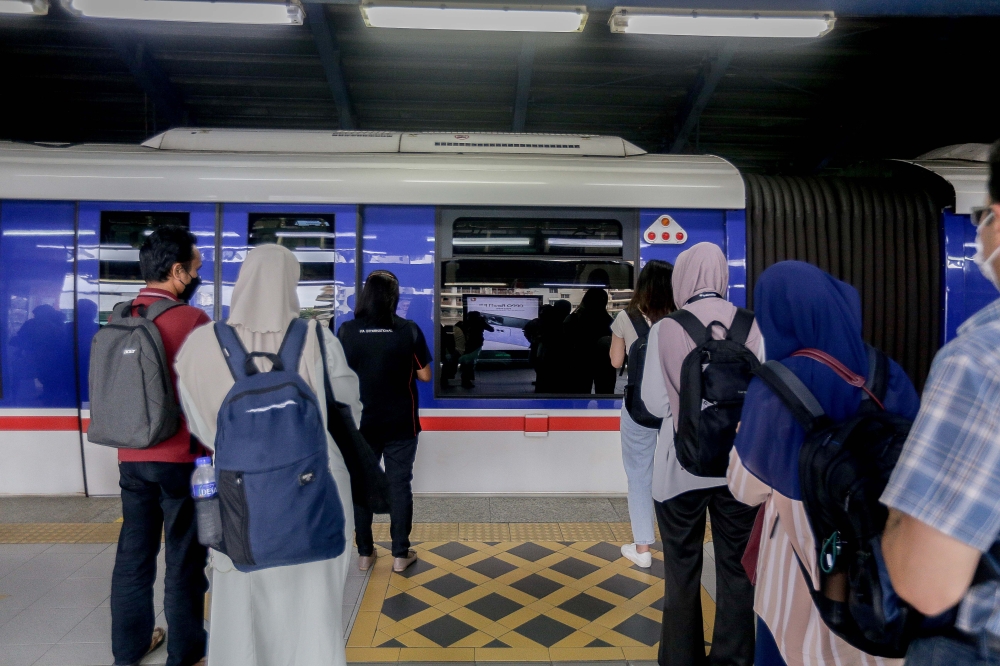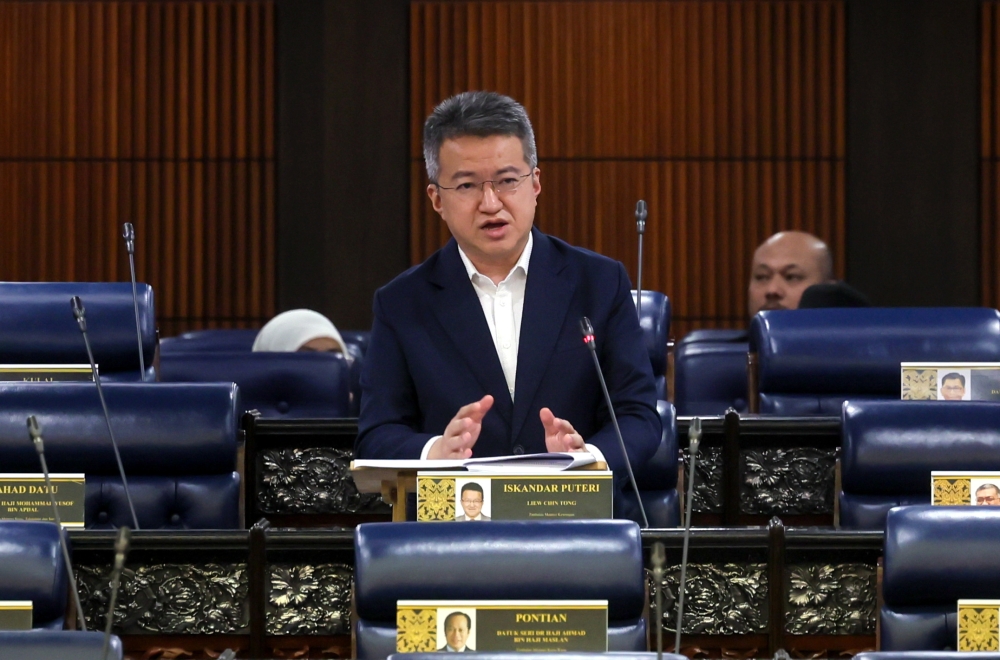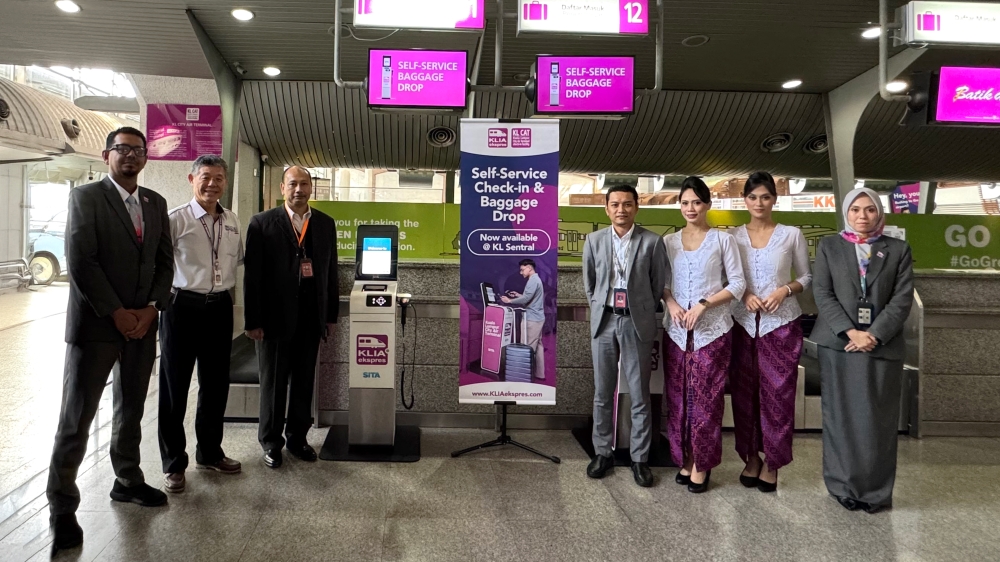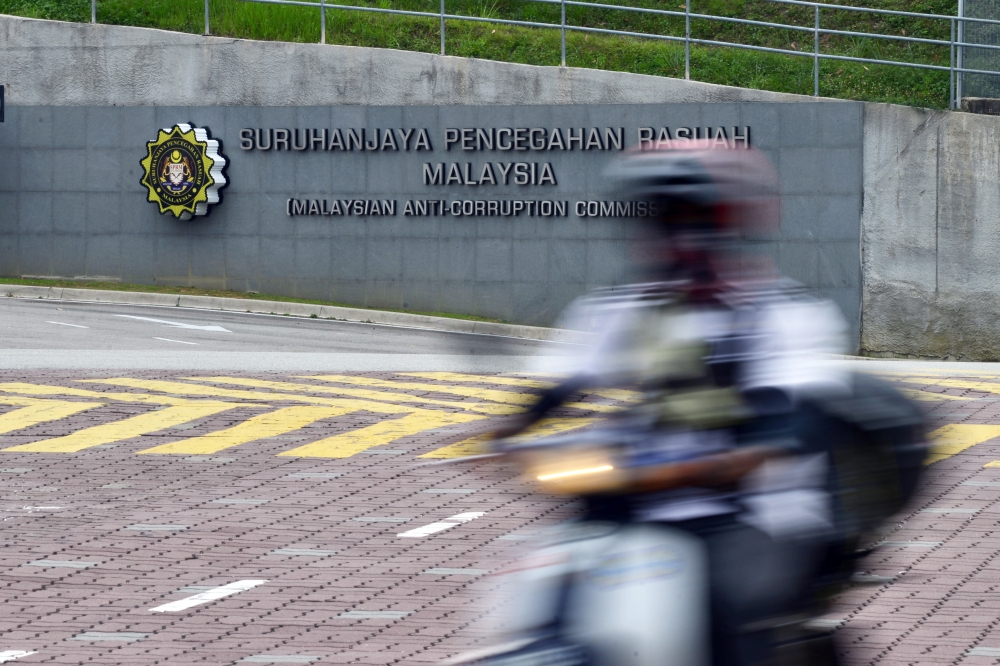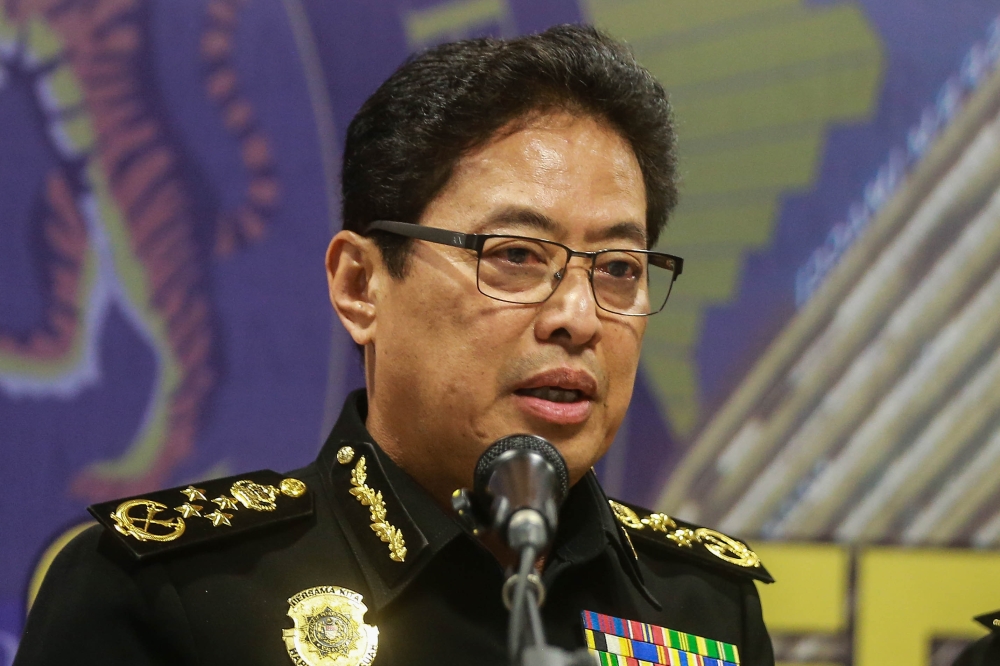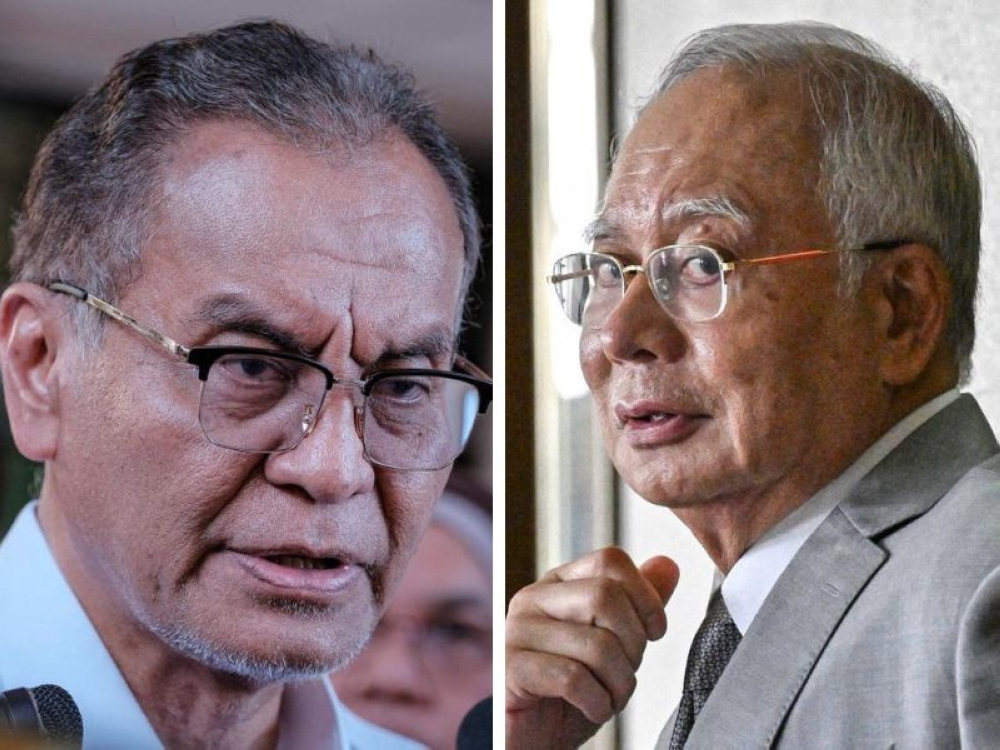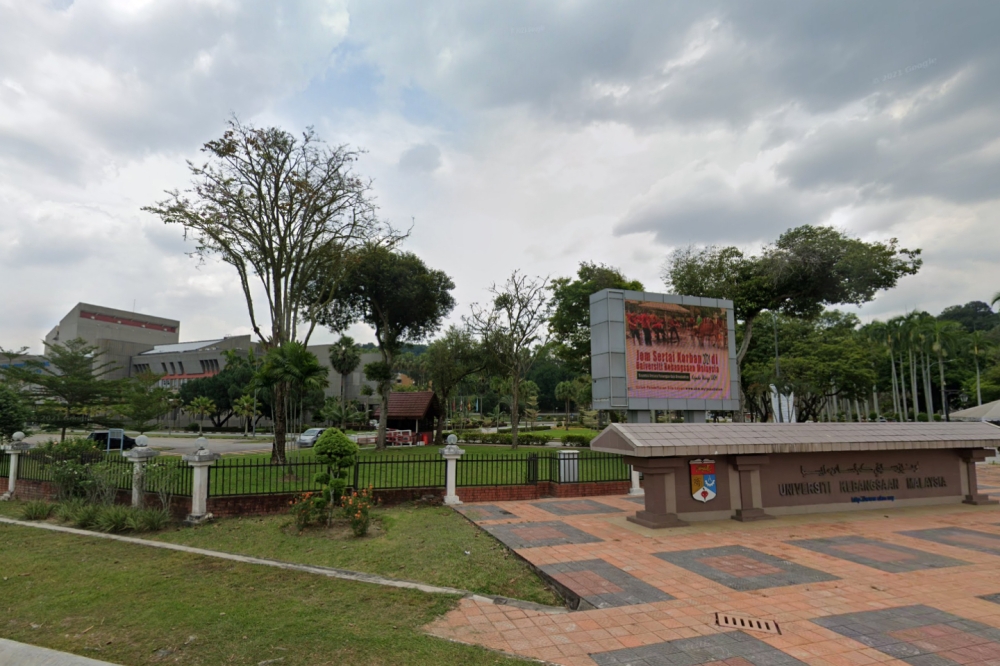KUALA LUMPUR, Nov 12 ― Routine health screening is the best way to detect prostate cancer at the early stage ― giving the patient the highest survival rate.
However, it seems not all men in Malaysia go for their regular health check-ups or opt for the prostate-specific antigen (PSA) test to examine their prostate health.
This was evident in the latest National Cancer Registry report, which ranked prostate cancer the third most common cancer among men in the country.
The 2019 report also highlighted that 60 per cent of prostate cancer diagnosis in Malaysia were at stage III and IV while 40 per cent were caught early at stage I and II.
Apart from irregular screening habits among Malaysian men, the late diagnosis of the disease could be attributed to its silent nature.
According to consultant urologist Prof Dr Ong Teng Aik, prostate cancer does not show any early symptoms.
However, he added that in some cases they may have slow urine flow as the prostate enlarges.
“In advanced cases, some of the signs could be lower limb swelling, anorexia or weight loss, bone pain and fracture, neurological signs as well as anaemia.”
Dr Ong said there were still no known causes of prostate cancer but there were several risk factors associated with the disease, including age, family history, ethnicity and lifestyle.
“Age is a prominent risk factor as it most commonly occurs in older people.
“The disease also mostly affects African-American men as the prevalence rate among their community is much higher,” he said.
He also pointed out that those who have a family history of prostate cancer are at greater risk.
Lastly, Dr Ong said the disease could also occur due to unhealthy lifestyle or diet plans.
In Malaysia, the disease is most common among the Chinese.
Based on the aged-standardised ratio, Dr Ong said the disease accounts for 6.6 per 100,000 people, with higher prevalence among the Chinese (nine per 100,000), Indians (6.1 per 100,000) and Malays (5.3 per 100,000).
Diagnosis
According to Dr Ong, the best way to detect prostate cancer early is through regular health screening.
“Prostate cancer diagnosis is often done through a digital rectal examination to see the consistency of the prostate.
“It will be followed by a standard blood test to check the PSA score which is the determinant of prostate cancer,” he said.
Dr Ong added that if the PSA test raises any suspicions, the patient will then be ordered to do a prostate biopsy for further investigation.
If the patient is diagnosed with prostate cancer, Dr Ong said they will do a staging scan to determine the severity of the cancer.
“Conventional staging scan includes CT scan, magnetic resonance imaging and bone scan.
“But nowadays, there are new technologies such as prostate-specific membrane antigen ligand positron emission tomography, also known as PSMA PET scan, which comes with a hefty price tag of up to RM6,000 per scan.”

Treatment
Once the cancer is diagnosed, Dr Ong said they will consider the treatment options based on the severity of the disease.
Referring to clinical terms, he said doctors divide prostate cancer patients to three groups depending on their condition.
“If the disease is still at stage I and II, we call it localised or organ-confined prostate cancer.
“But if the disease has already spread to nearby organs, we call it locally advanced which is stage III of the cancer.”
However, Dr Ong noted that if the cancer is at stage IV and has spread to other organs, it is called metastatic.
When it comes to deciding the treatment options, he said the most difficult patients to deal with are the ones in stage I and II.
“This is because there are four types of treatments to choose from, which are surgery (radical prostatectomy), radiotherapy, active surveillance and ‘watchful waiting’.”
According to him, the surgery and radiotherapy options aimed to cure, but they come with side effects.
“Active surveillance on the other hand is an option to monitor and treat later to avoid the possible side effects.
“This is only applicable to those with a tiny tumour or low-grade cancer,” he said.
Depending on the patient’s condition, Dr Ong said some patients may be able to monitor the prostate cancer for up to 10 years without surgery.
Lastly, he said there is also an option of “watchful waiting” to just observe without any treatments.
“This is for the elderly or frail patients who are not fit for surgery or any types of treatments.”
For locally advanced cases, Dr Ong said they usually offer curative treatments such as radiotherapy or surgery to the patients with stage III prostate cancer.
He added that there were no curative options for metastatic cases, but noted that there are ways to keep the disease under control.
The core treatment used for such cases would be androgen deprivation therapy (ADT) to reduce testosterone and eventually keep the growth of prostate cancer under control.
“To do so, we have to remove the testicles in a procedure called an orchiectomy.
“But those who don’t want to remove the testes will have to inject hormones every three months, which would cost them RM1,000 for every jab,” he said.
Dr Ong added that recent scientific developments discovered that if ADT is combined with chemotherapy or newly-found oral drops, the patients would enjoy a greater survival rate.
Despite many available treatments in the country, Dr Ong said the real challenge here was still the high percentage of late diagnosis.
According to him, the lack of awareness and no standardised screening recommendations are the two possible contributors why the majority of the cases in Malaysia are diagnosed at the advanced stage, which is very difficult to cure.
With that in mind, veteran banker and prostate cancer survivor Datuk Seri Nazir Razak together with the Universiti Malaya’s Urological Cancer Trust Fund have kicked off a five-year campaign this month to great awareness about the disease.
The campaign, called #onlymencan, will be led by infectious diseases expert and UM medical faculty dean Prof Datuk Dr Adeeba Kamarulzaman together with the trust fund’s board member, Nazir.
It will also include urology experts Dr Ong and Prof Dr George Lee Eng Geap as well as prostate cancer survivors and key opinion leaders.
The campaign aims to lower the number of newly-diagnosed advanced prostate cancer from the current 60 per cent to 30 per cent by 2025.
Check out the campaign via their Instagram, Facebook, YouTube and website.

